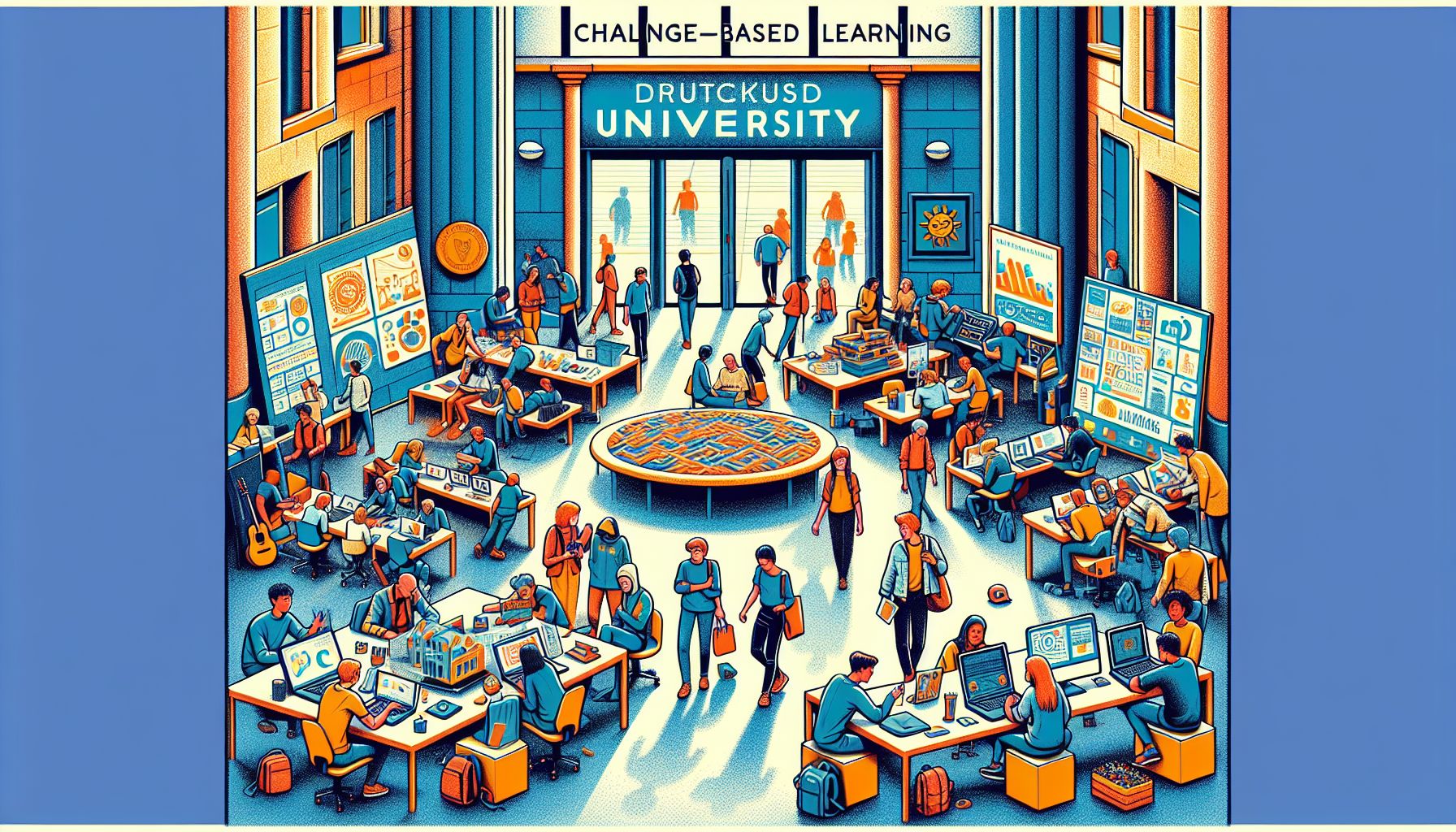Dutch University Pioneers Challenge-Based Learning for Future Innovators

Eindhoven, Sunday, 3 November 2024.
TU/e innovation Space at Eindhoven University of Technology is revolutionizing education through Challenge-Based Learning (CBL). Under the leadership of Isabelle Reymen, the program has grown from 1,600 to 4,400 students annually, focusing on real-world challenges to develop critical thinking and adaptability. This approach aims to prepare students as ‘change agents’ for tackling societal issues like energy transition and climate crisis.
A Growing Educational Movement
Challenge-Based Learning (CBL) has become a cornerstone of educational strategies at the Eindhoven University of Technology (TU/e), notably within its innovation Space. Launched nearly eight years ago, the initiative was initially integrated into honors programs. Over time, it has evolved into a formal educational component that now reaches thousands of students annually. This growth signifies a broadening acceptance and recognition of CBL’s effectiveness in preparing students to face and solve real-world problems[1].
Empowering Students with Autonomy
One of the defining features of CBL at TU/e is the emphasis on student autonomy. Isabelle Reymen, the scientific director of innovation Space, champions this approach, arguing that it equips students with the ability to manage uncertainty and be innovative. Students are encouraged to select their own challenges, fostering a deeper engagement and sense of ownership over their educational journey. This method contrasts sharply with traditional education models, which often follow a one-size-fits-all approach[1].
Impact and Recognition
The impact of CBL is evident not only in the growth of the program but also in the recognition it has received. Isabelle Reymen’s team was awarded the Dutch Higher Education Award in 2021, reflecting the program’s success in fostering educational innovation. Additionally, CBL has shown significant positive effects on students’ entrepreneurial mindsets, enhancing skills such as financial literacy, creativity, and planning[1][3].
Preparing for the Future
As part of the Bachelor College 2.0 initiative launched in September 2023, CBL prepares engineering students to address pressing global challenges. Reymen describes these students as ‘change agents,’ ready to tackle issues like the energy transition and climate crisis. The approach aligns with Strategy 2030, emphasizing talent and innovation as key components for future success[1].
Conclusion
The adoption of Challenge-Based Learning at TU/e represents a significant shift in how education is delivered, focusing on real-world applicability and student empowerment. As the program continues to expand and adapt, it sets a precedent for other institutions aiming to prepare students for an increasingly complex and dynamic world. The success of TU/e’s innovation Space highlights the potential of CBL to transform education and equip the next generation with the skills necessary for societal impact[1].

